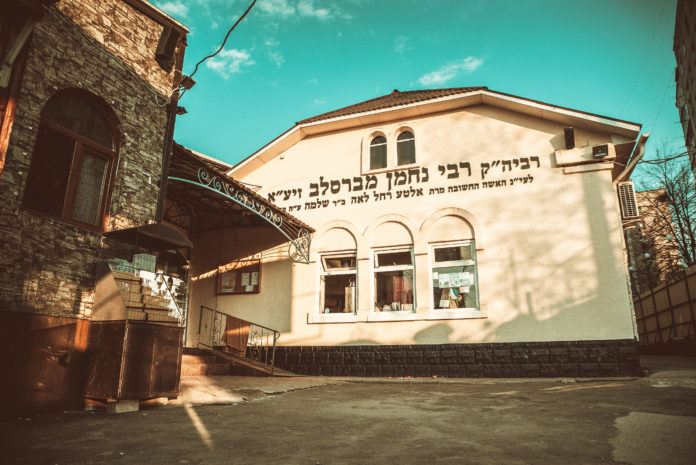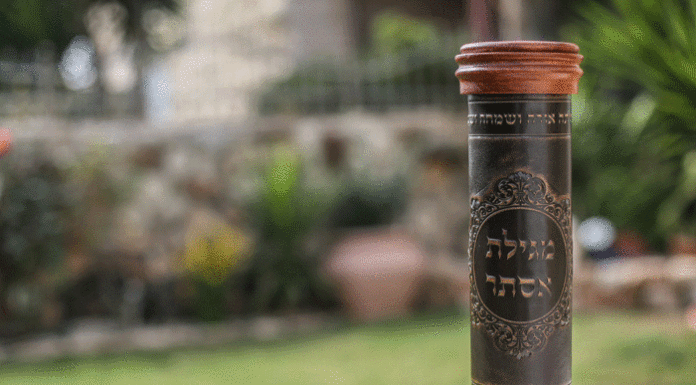“Eight years ago,” my soft-spoken guest tells me, “someone suggested that I might be able to help improve conditions in Uman for the Jews who come to visit not only on Rosh Hashanah but all year round. There were new people in charge, and during a regular year when there aren’t any Covid restrictions in place, there were between 1,500 and 2,000 people showing up every week. Just to give you an example of the numbers, when I was in Uman four years, there were 97,000 guests for Rosh Hashanah. I was in shock.
“In fact, the whole city was in shock; it was utterly incapable of absorbing that many people. There are officially around 80,000 residents in Uman, and the infrastructure couldn’t cope with such a huge influx. So of course there were electrical outages, problems with sewage and so forth. Ukraine is still a Third-World country in many ways, even though they’re working hard to change that.”
“Which also has its advantages,” I interject.
“For sure,” he states. “It took time for the Ukrainians to realize what a treasure they have in their midst. But last year, when they saw the mesirat nefesh of so many thousands of people to get to Uman, they started to grasp its significance. So far we aren’t seeing a repeat of last year, but there are already several thousand people in Uman, just in case the borders close.”
The complications caused by the pandemic have meant a lot more work for Reb Nosson Ben-Nun, who has been flying back and forth from Eretz Yisrael over the past few months, meeting with senior officials and attempting to ease the way for Breslover chasidim on their way to Rebbe Nachman.
“Most of what I do has to be done in person, face-to-face,” he explains. “It doesn’t work otherwise. Before the pandemic I was flying there every week, leaving on the early morning flight on Monday and returning on Friday. In fact, a lot of Israelis who work in Ukraine, especially Kiev, commute like that.
“There’s no end of things to organize and no end of people to negotiate with, persuade and convince. I have to be in touch with the police—and not just local police but also from Kiev—as well as firefighters and medical personnel. We bring in 25 doctors from the United States every year, as well as a few psychologists.”
“And you’re the person to turn to with any query or problem?”
“Unfortunately, yes,” Reb Nosson says with a wry smile. “From President Zelensky down to the lowliest janitor and everyone in between. We have lobbyists in America as well as contacts with lawyers and politicians. Then in Uman we need to have contacts in high places too. It’s all about organization, and we’ve made many improvements over the years. Today, for instance, there are surveillance cameras all over to stop the thefts that used to be a regular occurrence. We also have a huge otzar sefarim and a secure storage facility where people can leave their tefillin over Rosh Hashanah along with other valuables.
“Of course, it’s not only Ichud Breslov, of which I am the president, that’s involved in doing all this,” Reb Nosson clarifies. “Reb Laizer Sheiner provides meals for tens of thousands of guests entirely for free. Years ago, anyone who came for Rosh Hashanah had to pack enough food to last for ten days. I remember my first year, when my diet consisted of tuna fish, mayonnaise and gefilte fish in jars. Today, there’s no comparison. We even have a mikvah that’s open 24 hours a day and doesn’t charge a fee.”





















